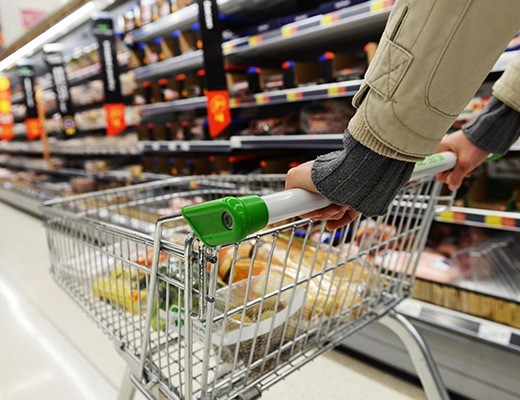
Image credit: IBEF
PETALING JAYA: With the Goods and Services Tax (GST) unlikely to make a comeback next year, various groups are concerned that the government will seek alternative revenue streams to manage its numerous financial commitments.
Business groups have expressed concerns that the government might soon announce the removal of the RON95 fuel subsidy or even introduce new taxes to increase revenue.
Lee Heng Guie, executive director of the Associated Chinese Chambers of Commerce and Industry of Malaysia’s (ACCCIM) Socio-Economic Research Centre, said there is a need for the government to “find ways to generate revenue”.
“From what the Prime Minister said, GST is off the table for now. The Prime Minister is very concerned about the GST’s impact on those with low incomes, given their average income level is still low,” he said, adding that he believes the government might look at expanding the scope of the Sales and Service Tax (SST).
In the previous federal budget, the SST in some categories was increased from 6% to 8%, with additional items added to its scope.
Lee anticipates further expansion in the upcoming Budget 2025, adding that there is a chance it might include items currently exempt from the service tax.
He pointed out that when the GST was implemented, many essential goods were exempt or zero-rated, with additional cash support provided to those affected.
He also noted that most countries with GST have mechanisms to cushion its impact on lower-income households.
“Exemptions or zero-rating for basic goods consumed by low-income groups could alleviate this concern,” said Lee.
MCA vice-president Datuk Lawrence Low said a move to seek alternative revenue sources would affect the public.
“If the government isn’t ready to reintroduce GST next year, it will need to find other revenue sources, possibly by expanding the SST or implementing an inheritance tax, which would affect the public,” he said.
Low, who chairs the MCA economic and SME affairs committee, believes that the government’s decision not to implement GST next year could also have repercussions for the national economy, as foreign investors may remain cautious and hesitant to invest.
“Foreign investors hope for a clear and transparent tax system. They are also concerned about sudden tax cancellations or adjustments, which could disrupt their original plans for returns and profits,” Low said.
He noted that the Prime Minister previously said civil servants will receive salary increments of between 7% and 15%, and that the minimum wage in Malaysia might be raised in Budget 2025.
“Where will this money come from? Will it be from the removal of RON95 fuel subsidies? We hope the government will present a comprehensive plan in Budget 2025,” Low added.
Datuk Ng Yih Pyng, the new ACCCIM president, remarked that previous signs indicated the government might gradually remove subsidies, such as the RON95 fuel subsidy, or introduce new tax systems.
He said he hopes that before increasing national revenue sources, the government will consider the challenges businesses have faced in recent years.
“We hope the government will deliberate carefully and present a complete, concrete plan. Therefore, we look forward to the government’s forthcoming annual budget announcement,” he said.
SME Malaysia president Chin Chee Seong said SMEs (small and medium enterprises) would not be significantly affected without the implementation of the GST.
However, they are concerned about whether the government might remove the RON95 fuel subsidy to boost revenue.
“If they don’t have the GST, they cannot increase their funds. They probably will increase some other taxes, which we are worried about.
“But we hope they won’t reach that stage at the moment,” he said.
Source: https://www.thestar.com.my/news/nation/2024/10/14/concern-over-revenue-sets-in-with-gst-off-the-table

